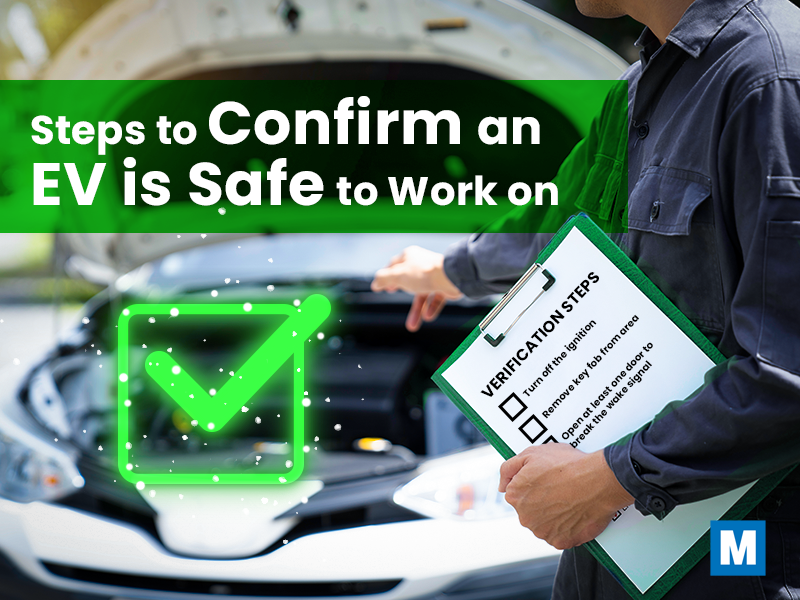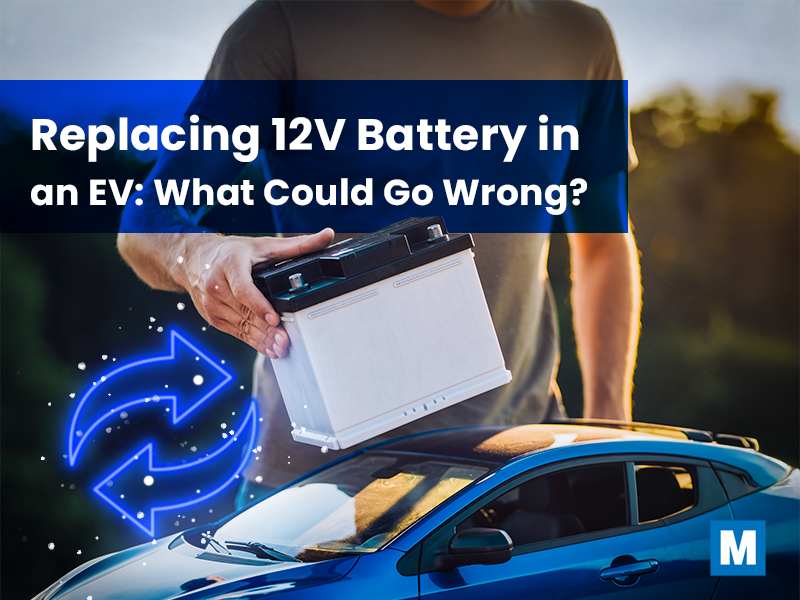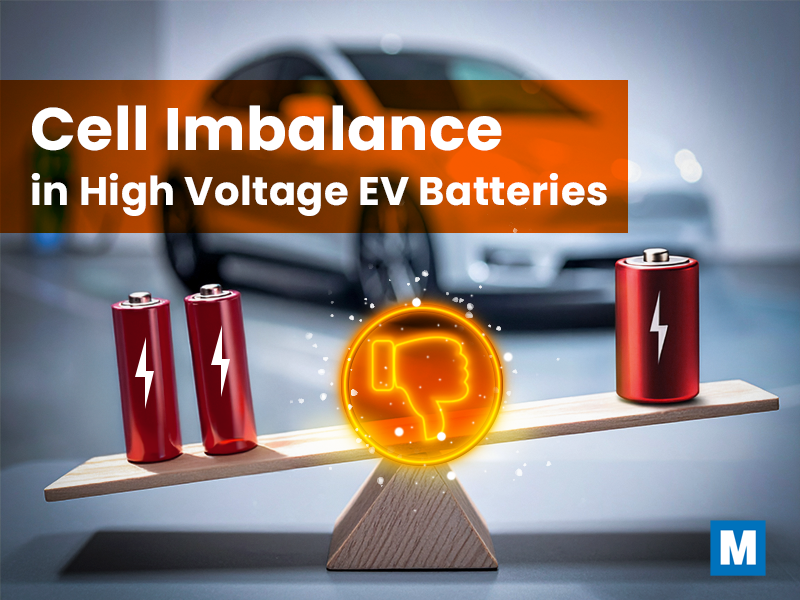Highways are filling up with more EVs, charging networks are expanding, and manufacturers are pushing the limits of what battery technology can achieve. At the heart of this movement is lithium-ion, the battery technology that continues to lead the way.
Despite emerging chemistries like solid-state and LFP (Lithium Iron Phosphate), lithium-ion remains the undisputed leader for powering EVs. The reasons are predominantly cost, efficiency, energy density, and a proven track record that no other technology has yet matched.
A Proven Track Record of Performance
Lithium-ion batteries are not new. They have been in commercial use for decades, first powering consumer electronics like laptops and cell phones before moving into the automotive sector. That long history matters. Automakers have spent years refining their designs and integrating lithium-ion technology into everything from hybrids to fully electric vehicles. Global manufacturers have bet big on lithium-ion because it is reliable, scalable, and consistently improves year over year.
The EV market’s growth owes much of its momentum to lithium-ion. Its reliability gives manufacturers the confidence to push electric vehicles into the mainstream. Unlike experimental technologies, lithium-ion is proven and predictable. It’s on the road right now, logging billions of miles, providing data, and demonstrating durability.
Energy Density: Powering Range and Performance
One of the standout features of lithium-ion technology is its energy density. Simply put, lithium-ion packs more power into less space than almost any other mainstream chemistry. This is critical for electric vehicles, where space is limited, and range is a major selling point. Higher energy density allows for longer distances on a single charge without increasing battery size.
Compare this to older technologies like lead-acid or nickel-metal hydride (NiMH). While those chemistries served their purpose in the past, they fall short in terms of energy capacity needed to quash range anxiety. Lead-acid batteries are heavy and bulky, while NiMH does not provide the range or efficiency that modern EVs require. Lithium-ion, on the other hand, continues to improve.
Charging Speed and Efficiency
Another key advantage of lithium-ion is its ability to charge quickly. Today’s lithium-ion cells are designed to accept rapid charging without significant degradation, something that is essential for EV drivers. Charging networks are built around this capability, allowing drivers to recover hundreds of miles of range in under an hour.
Faster charging is about consumer confidence as much as convenience. When drivers know they can quickly top off their battery at a public station, it reduces range anxiety and makes electric vehicles a more practical choice for long-distance travel. Lithium-ion technology’s efficiency during both charge and discharge cycles plays a big role in making that possible.
Cost Effective to Produce
Lithium-ion batteries are powerful and efficient, and they’re also cost-effective. Over the last decade, the cost of lithium-ion cells has dropped dramatically. What once cost over $1,000 per kilowatt-hour has now fallen below $130, with some manufacturers targeting $100 or less by the end of the decade.
This massive cost reduction is largely due to economies of scale. Gigafactories around the world are pumping out lithium-ion cells at unprecedented rates. These factories benefit from advanced manufacturing techniques, better supply chain logistics, and increased demand from automakers pushing towards full electrification. As costs continue to fall, EVs are becoming more affordable for everyday drivers, pushing the technology further into the mainstream.
Safety and Reliability Enhancements
Safety concerns have long followed lithium-ion technology, particularly regarding thermal runaway, an overheating issue that can cause fires. However, modern battery management systems have largely mitigated these risks. Today’s lithium-ion batteries are equipped with sophisticated monitoring and cooling technologies that prevent cells from overheating and maintain stable operation under stress.
Modern tools can catch signs of degradation, imbalanced cells, or potential safety risks before they become major problems. This level of diagnostic capability is another reason why lithium-ion remains the trusted choice for EVs.
Serviceability and Long-Term Maintenance
One of the often-overlooked strengths of lithium-ion technology is its serviceability. Modern lithium-ion batteries are designed with monitoring systems that allow technicians to evaluate their health without invasive procedures. Battery management systems provide real-time data on cell balance, state of charge, and overall capacity.
This makes it easier for service shops to catch problems early, whether it is a degraded module or an imbalance in voltage distribution. Midtronics EV diagnostic tools are designed to interface with these systems, offering technicians clear insights into the battery’s condition. This level of serviceability extends the life of lithium-ion packs and reduces the likelihood of unexpected failures.
By focusing on regular testing and maintenance, shops can help EV owners avoid costly breakdowns and improve overall vehicle reliability. Lithium-ion technology’s compatibility with modern diagnostic equipment makes it the most serviceable option currently available for EVs.
Competing Technologies: Why Lithium-Ion Still Leads
Lithium-ion is not without competition. Technologies like solid-state batteries, LFP (Lithium Iron Phosphate), and even experimental chemistries like sodium-ion are emerging. Solid-state promises greater energy density and faster charging, however, it remains largely in the experimental stage with significant hurdles in manufacturing scale and cost.
LFP is another alternative that is gaining attention, especially for its lower cost and higher safety profile. But it sacrifices energy density, which limits vehicle range. While it has its place in commercial fleets or lower-cost models, lithium-ion continues to lead in high-performance EVs that demand longer range and faster charging.
Lithium-ion is also evolving. New designs, such as those incorporating silicon anodes or cobalt-free cathodes, are pushing its capabilities even further. These innovations are keeping lithium-ion in step with emerging technologies, maintaining its status as the go-to choice for electric mobility.
The Power Behind the EV Movement
Lithium-ion remains the leader in EV technology for good reason. It is reliable, powerful, cost-effective, and improving at a steady pace. Competing technologies are promising, but lithium-ion’s proven performance, combined with ongoing innovations, ensures it will be the primary choice for years to come.
As more EVs hit the road, the importance of proper testing and maintenance grows. With Midtronics tools for servicing EV batteries, service staff are equipped to keep these vehicles running smoothly, ensuring that lithium-ion technology continues to lead the charge into the electric future.




